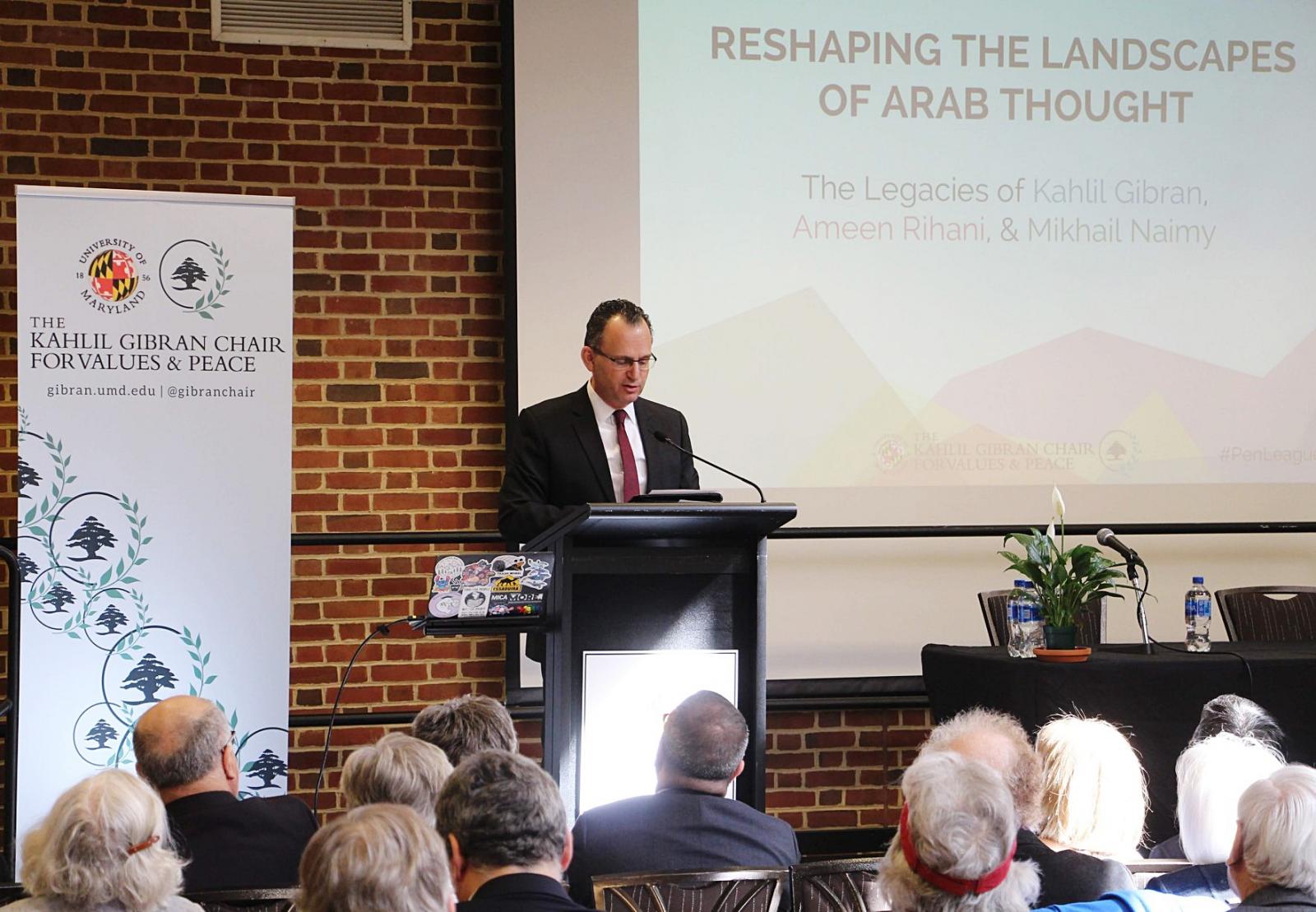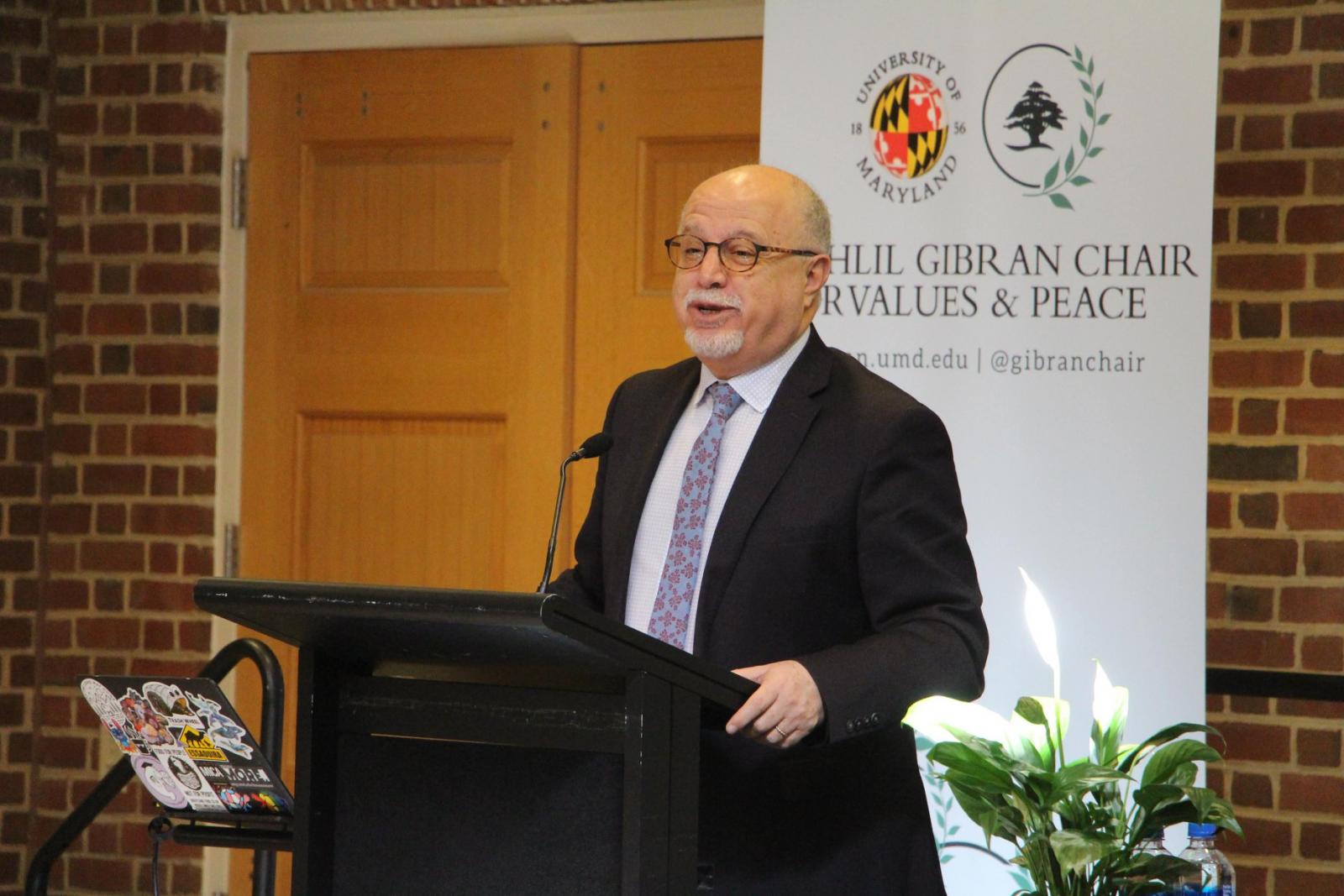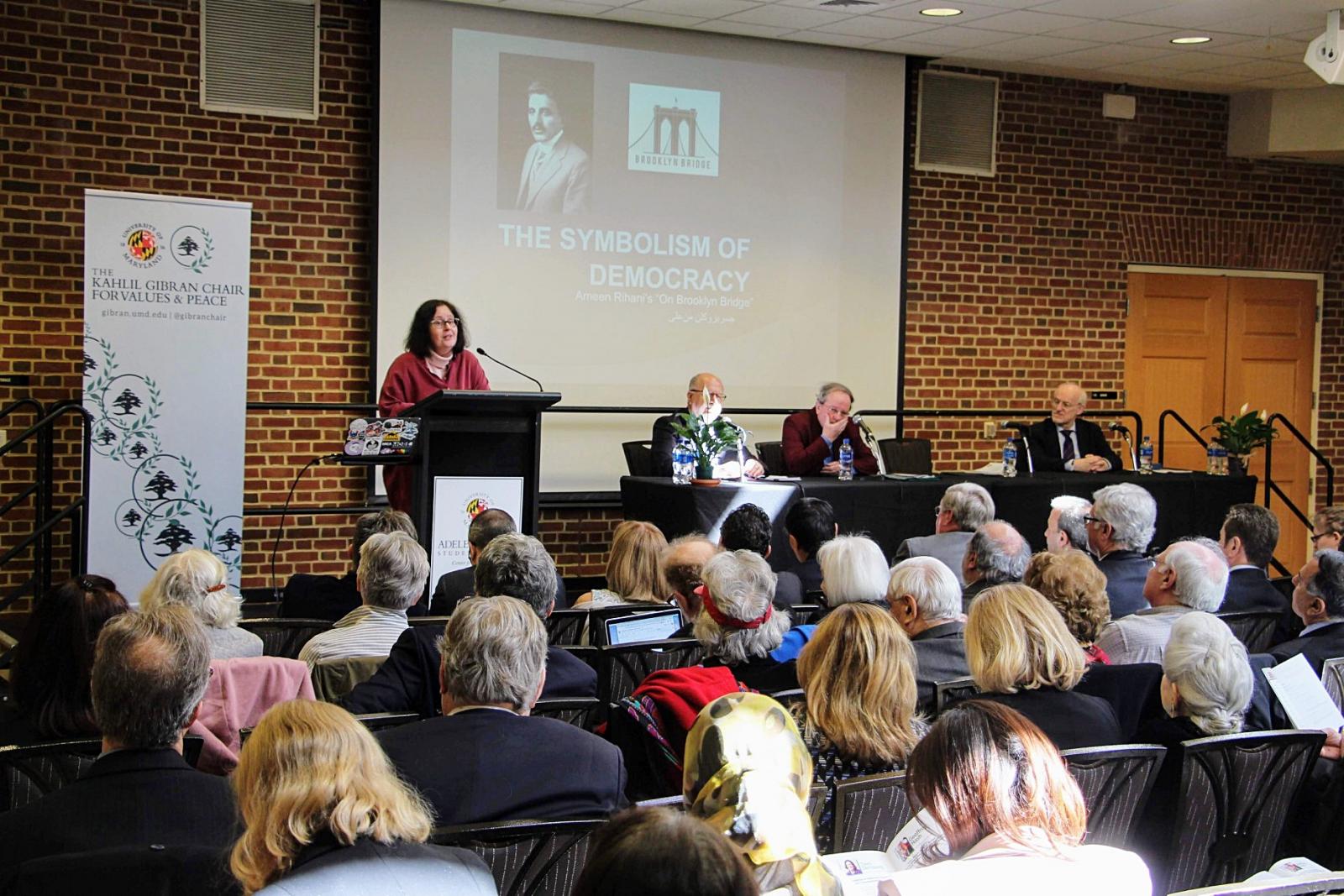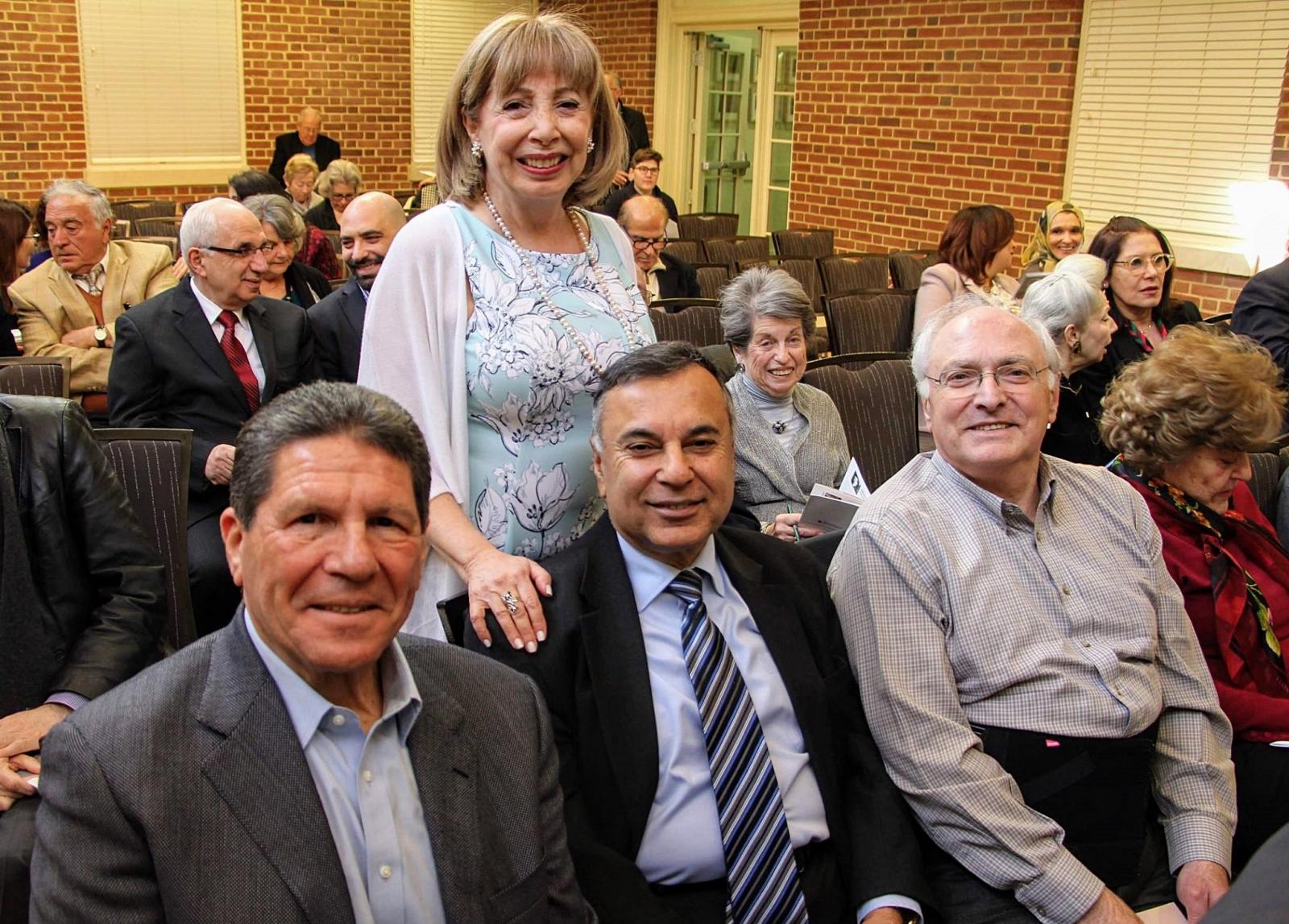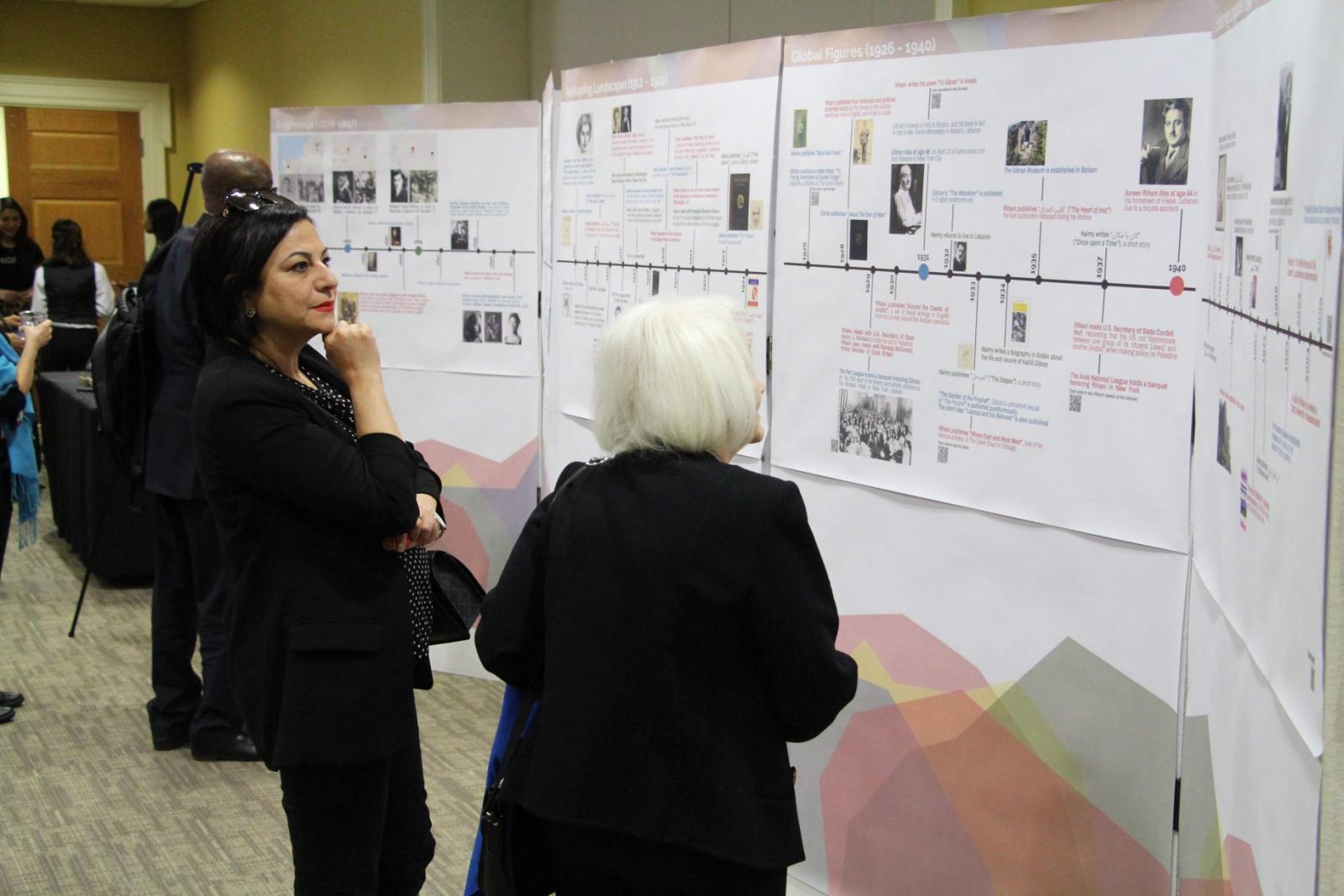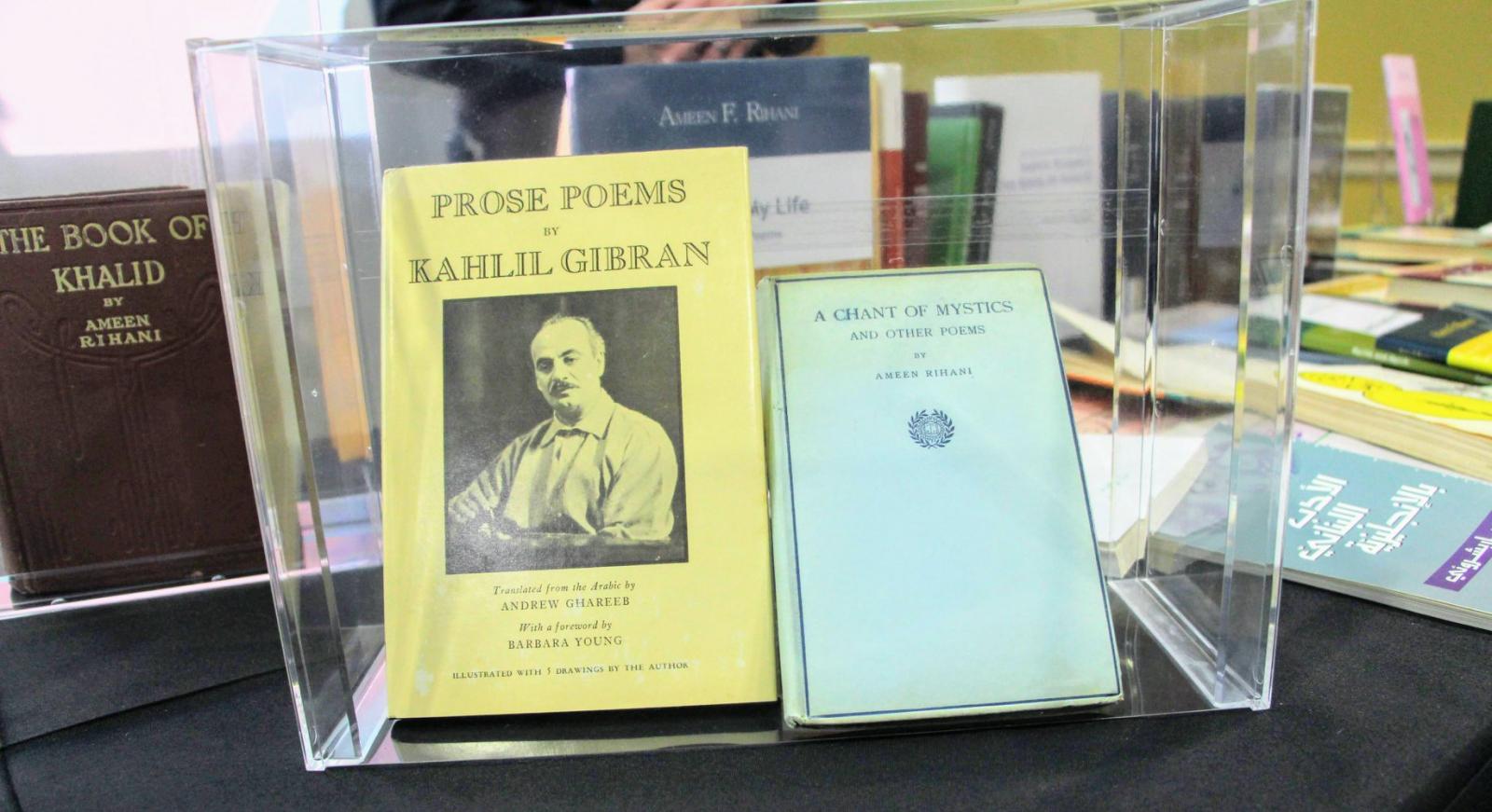Symposium at the Univ. of Maryland: The Legacies of Kahlil Gibran, Ameen Rihani & Mikhail Naimy
Jabalna Magazine - Washigton D.C.
The Kahlil Gibran Chair for Values and Peace at the University of Maryland planned and organized an unprecedented symposium on Kahlil Gibran, Ameen Rihani, and Mikhail Naimy titled, “Reshaping the Landscapes of Arab Thought.”
The symposium took place on March 27, 2019, with ten universities participating and an audience of approximately 200, including the Ambassador of Lebanon H.E. Gabriel Issa.
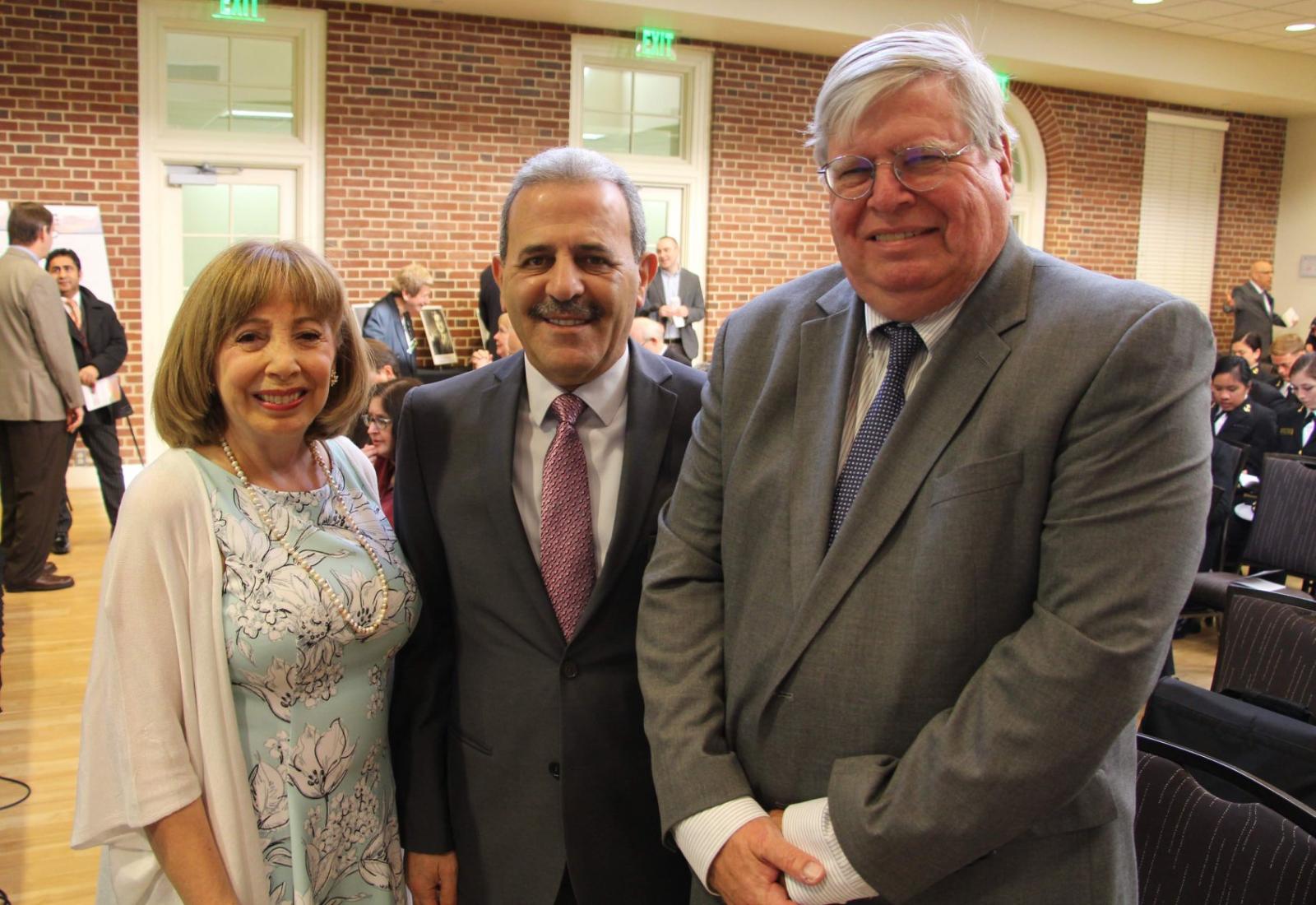
Gibran, Rihani, and Naimy are considered the three giants of the Arab renaissance. These Lebanese-Arab-Americans addressed issues such as the separation of religion and state, women’s rights, corruption and its negative impact on populations, the oppression of the Ottoman Empire, and emphasized social justice. They addressed these issues early in the 20th century, publishing their works in English and Arabic in order to reach audiences in both the West and the East. They considered themselves bridges between these two cultures.
The opening session of the symposium included a keynote speech by Dr. Paul Salem, President of the Middle East Institute, and opening remarks by the President of the University of Maryland, Dr. Wallace Loh; Dean of the College of Behavioral and Social Sciences, Dr. Gregory Ball; and the Director of the Gibran Chair, Dr. May Rihani. Three panels followed the opening sessions and had illustrious professors from universities in the US, Great Britain, and Canada. These professors assessed, analyzed, and highlighted the innovative contributions of the three thinkers.
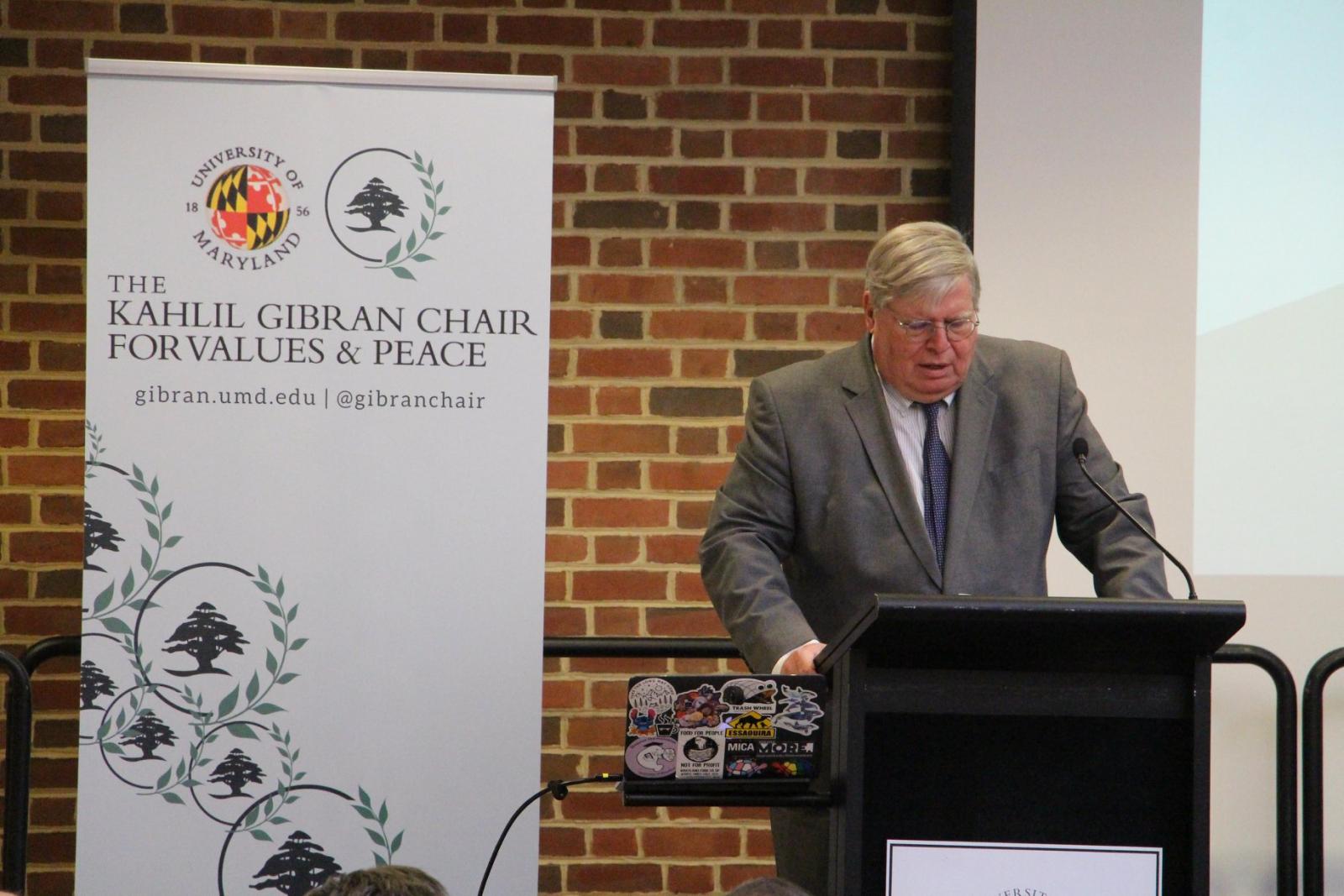
These professors included Professor Emeritus Roger Allen from the University of Pennsylvania; Professor Terri DeYoung from the University of Washington, Seattle; Professor Geoffrey Nash from SOAS at the University of London; Professor Elizabeth Saylor from Middlebury College; Professor Nathan Funk from the University of Waterloo; Professor Gregory Bell from Princeton University; Professor Muhsin Al-Musawi from Columbia University; Professor Youssef Yacoubi from Seton Hall University; and Professor Rebecca Gould from the University of Birmingham. The audience engaged with these professors through a question and answer session that followed.
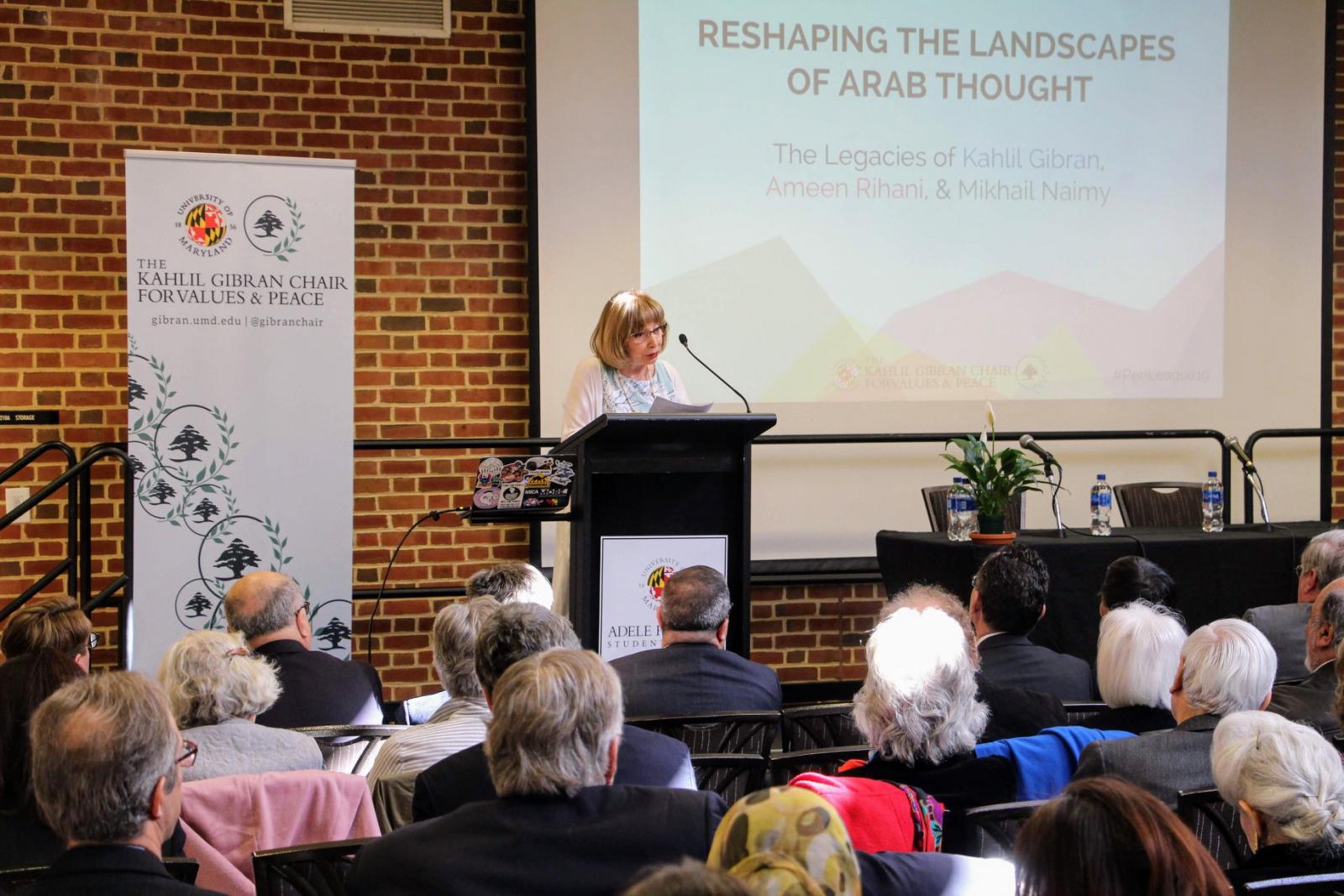
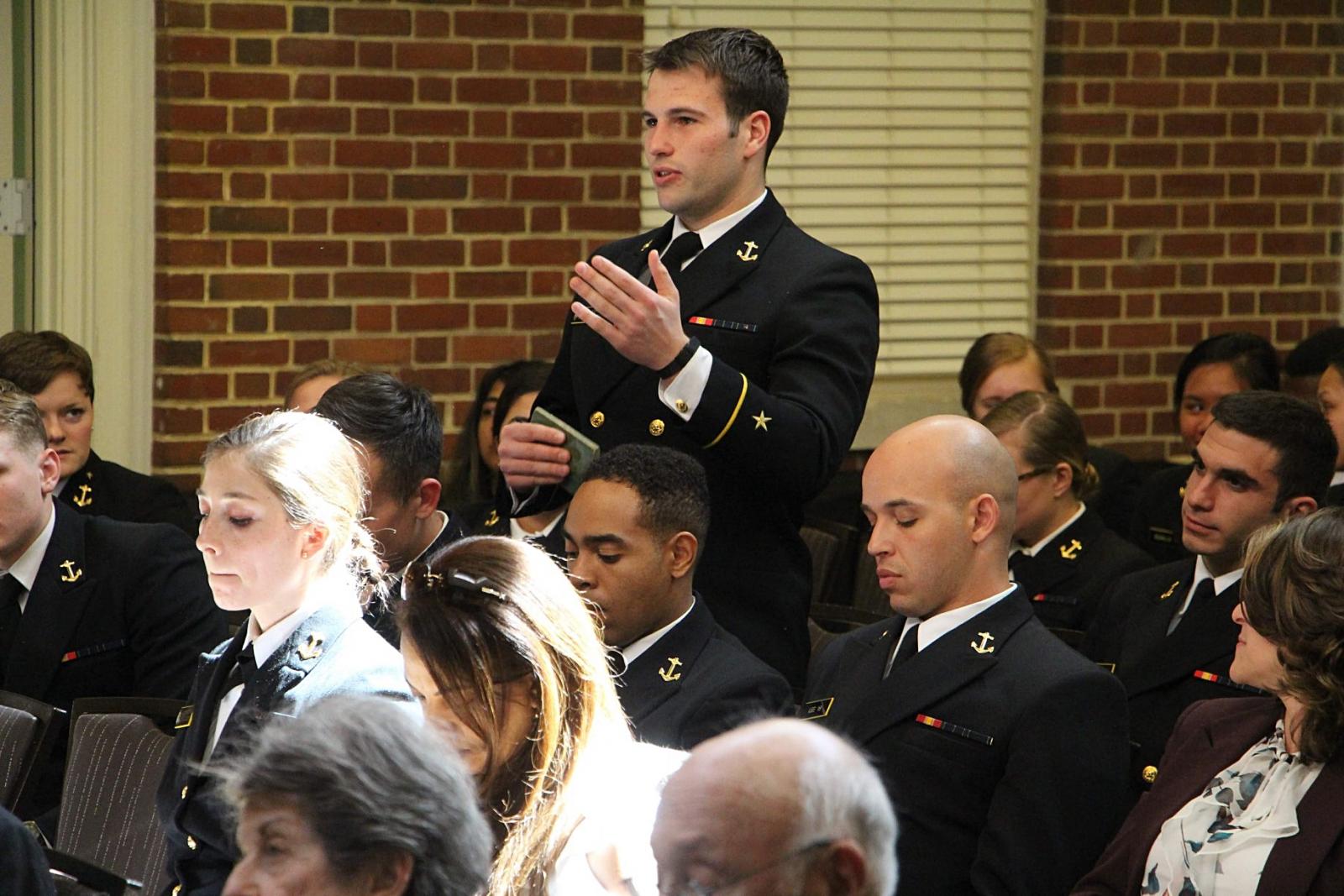
In addition to the symposium, the Gibran Chair staff organized, for the first time, an exhibit about these three Arab-American thinkers who have contributed to both the Arab literary renewal as well as to America’s cultural fabric. It included a timeline depicting the lives of all three of them and the intersections of their lives; a collection of their major works in English and Arabic, including first edition copies of their books, as well as books about them; the circle of friends and influencers of Gibran, Rihani, and Naimy, and their common friends and influencers; the influential women in the lives of Gibran and Rihani; their impact around the world, depicted by a list of 75 professors at different universities in the world who teach about Gibran, Rihani, and Naimy, or who conduct research about them and lecture about them; copies of handwritten letters by the three of them in English and in Arabic; different portraits of the three of them; Arabic calligraphy by artist Fuad Stephan of a number of pages from “The Prophet”; floating quotations by all three of them; and an introduction to the Pen League.
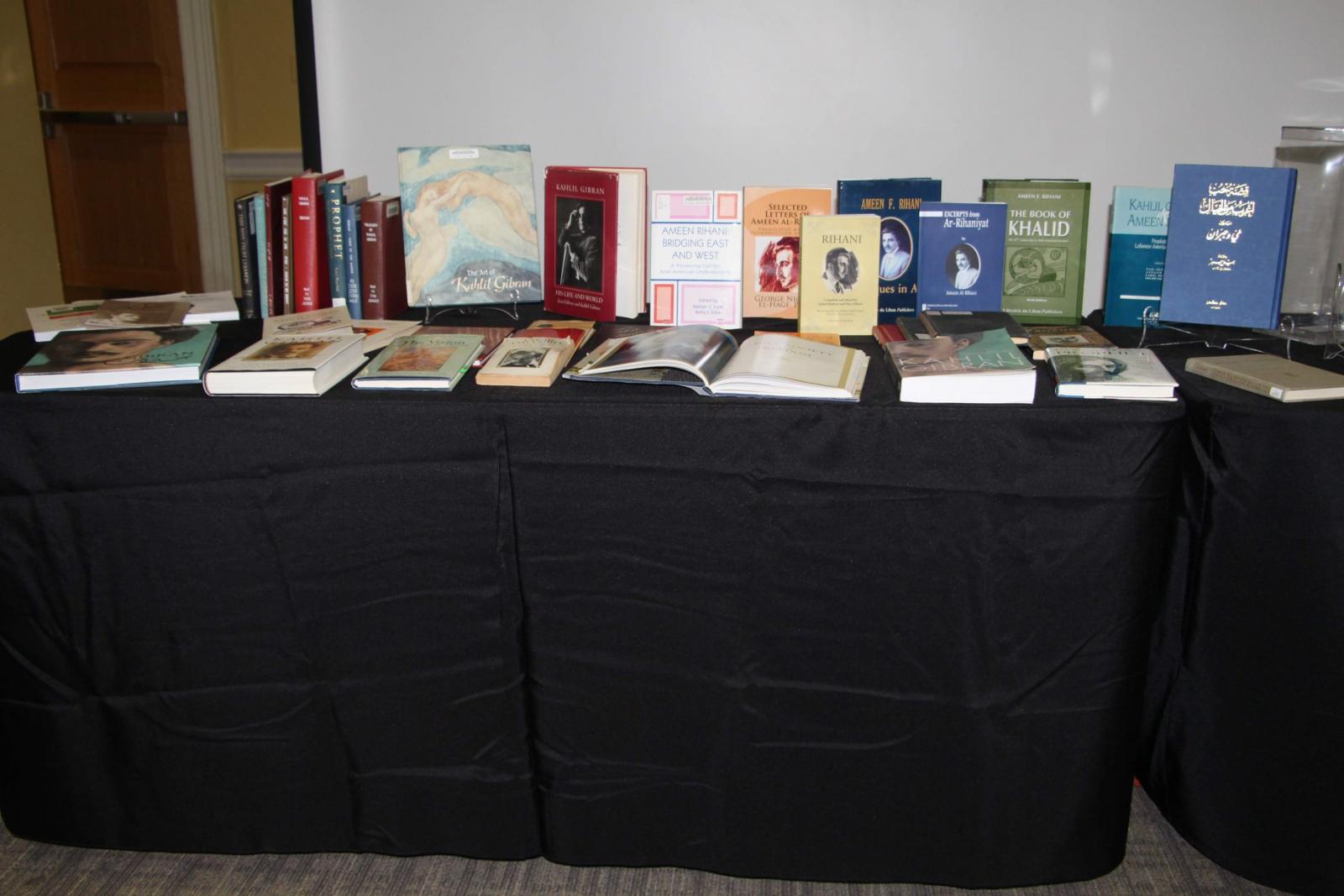
This exhibit about Kahlil Gibran, Ameen Rihani, and Mikhail Naimy is a first. There have been exhibits about each one of them separately in the past but never one about the three of them together.
The positive feedback regarding this symposium is an affirmation to the important role these thinkers played and continue to play in shaping a better future for the Arab world.
*Source: Embassy of Lebanon in Washington D.C.
Photos courtesy of: The Kahlil Gibran Chair for Values and Peace
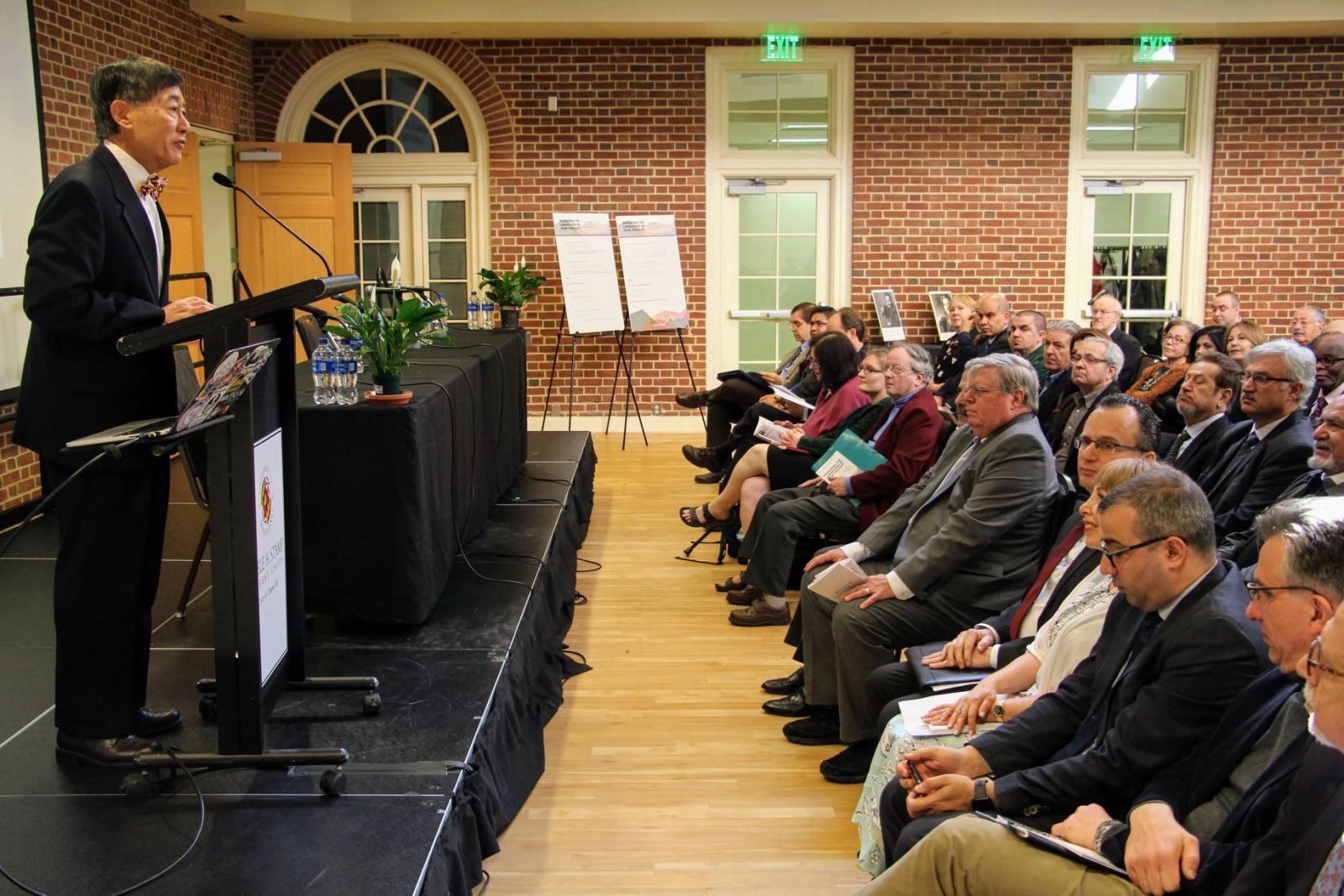
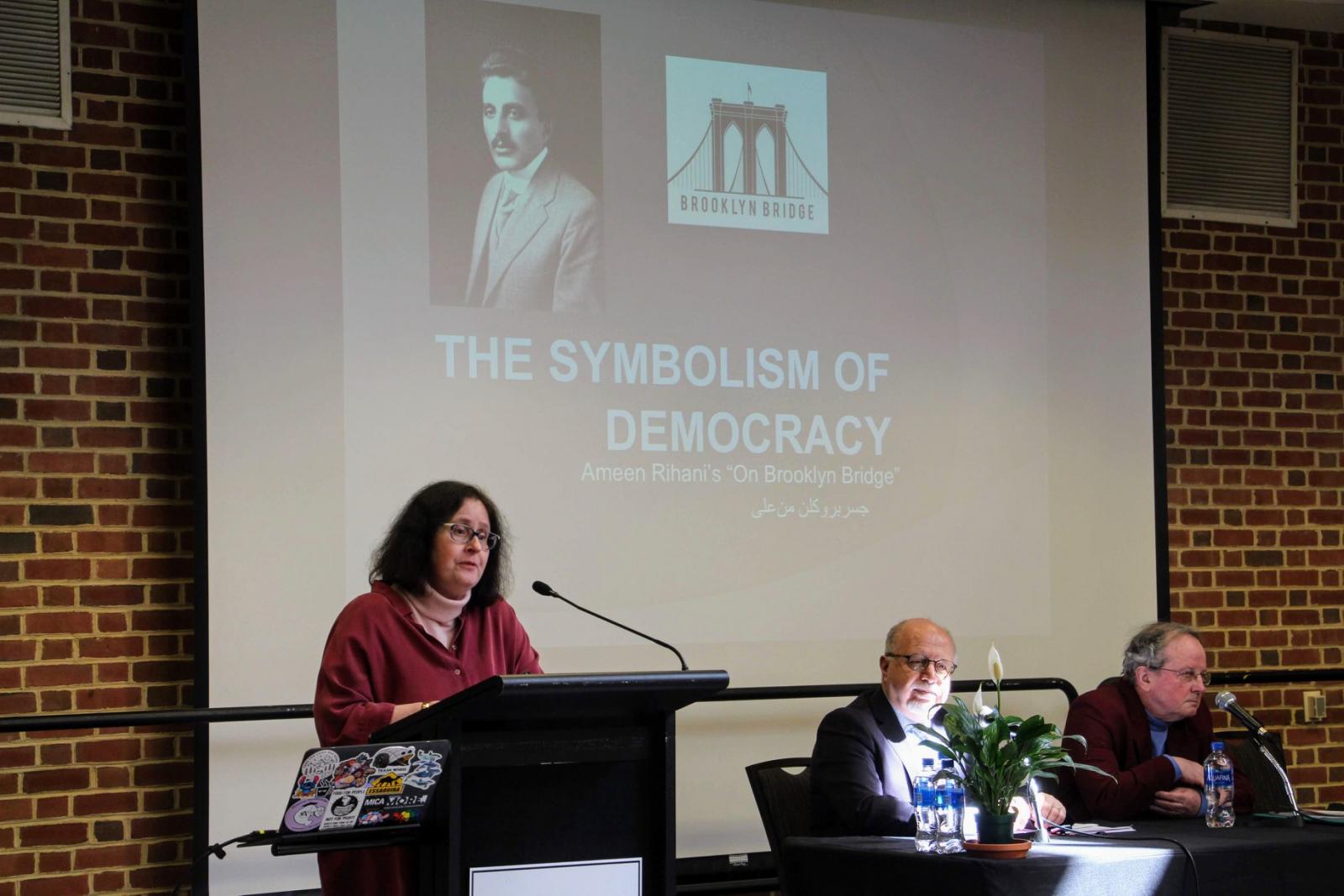
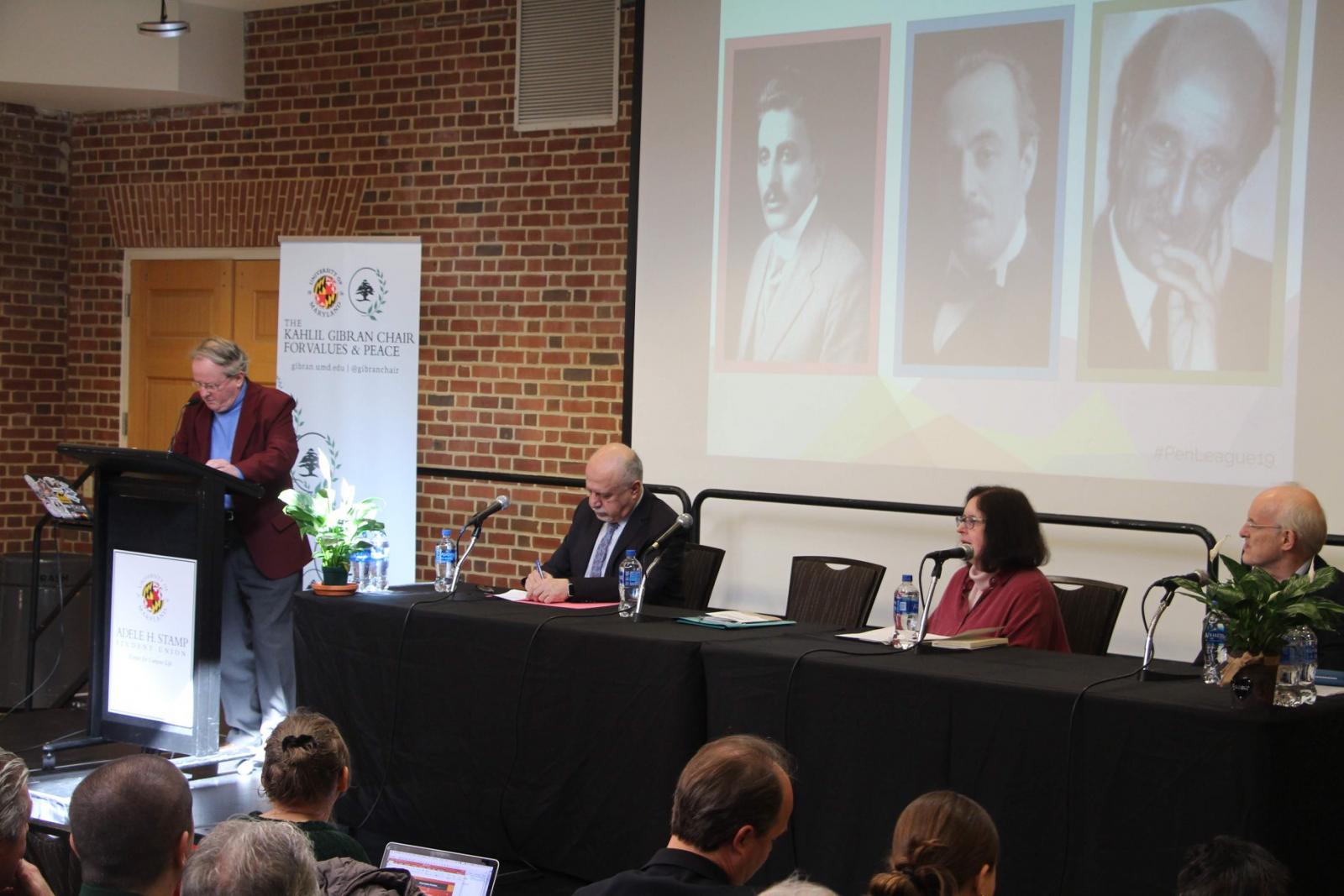
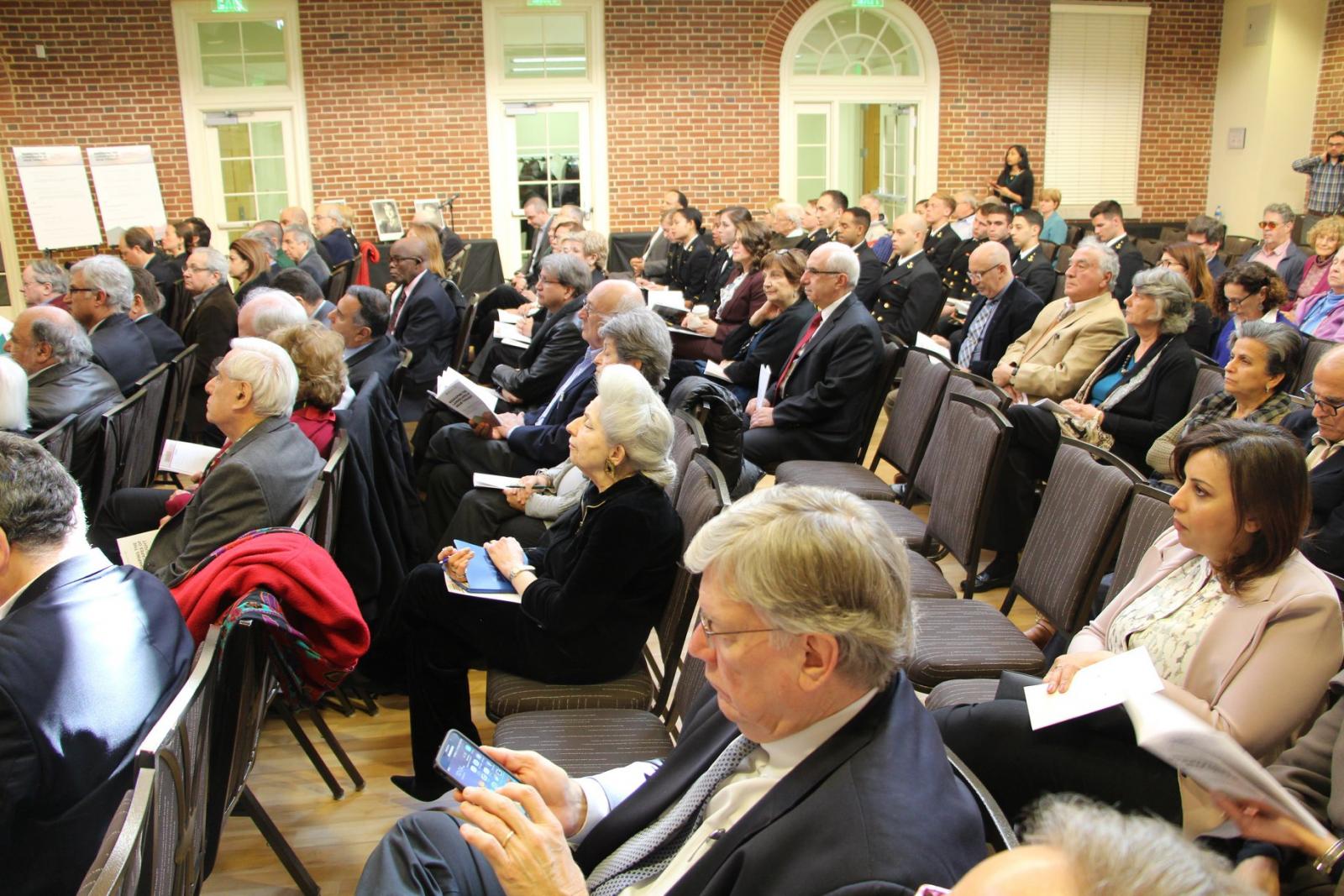
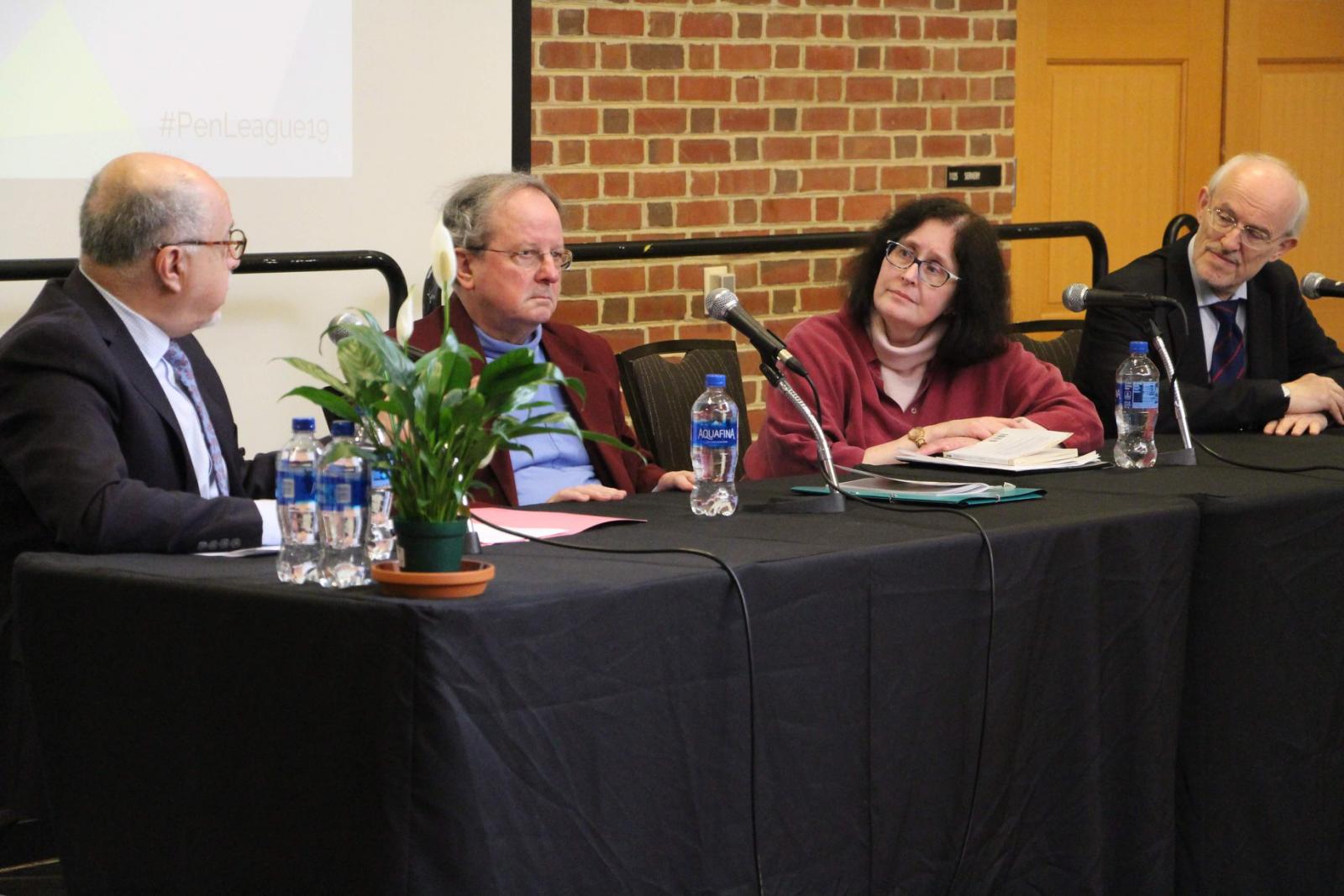
.jpg)
